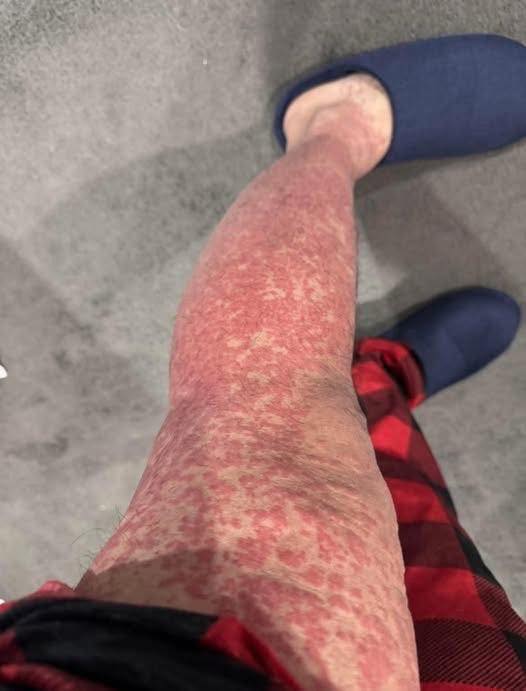There are also important considerations around personal health and well-being. While protective measures can reduce the risk of unintended consequences like sexually transmitted infections or unplanned pregnancies, no method is 100% guaranteed. Facing unexpected outcomes can be stressful and overwhelming, especially if you’re feeling emotionally vulnerable at the same time.
Over time, these experiences can shape how we view ourselves and our future relationships. Some people may find it harder to trust again, while others might seek validation through repeated encounters that ultimately feel unfulfilling. Recognizing these patterns is a key step toward healing.
So how do you move forward?
Healing begins with kindness—toward yourself. It’s okay to feel disappointed, confused, or upset. Acknowledge your emotions without judgment, and give yourself time to process what you’ve been through. Talking with trusted friends or a therapist can help you gain perspective and feel supported.
As you reflect, think about what intimacy means to you, what your emotional needs are, and how you can better protect your well-being going forward. Setting healthy boundaries and having honest conversations with future partners about mutual intentions can prevent future misunderstandings. Most importantly, remind yourself that your feelings are valid, and you deserve to be treated with respect and care.
One difficult experience doesn’t define you. It can be a stepping stone—a moment of clarity that helps you build stronger, healthier relationships in the future. With time, self-awareness, and support, it’s possible to turn a painful chapter into a powerful lesson in self-respect and emotional growth.

